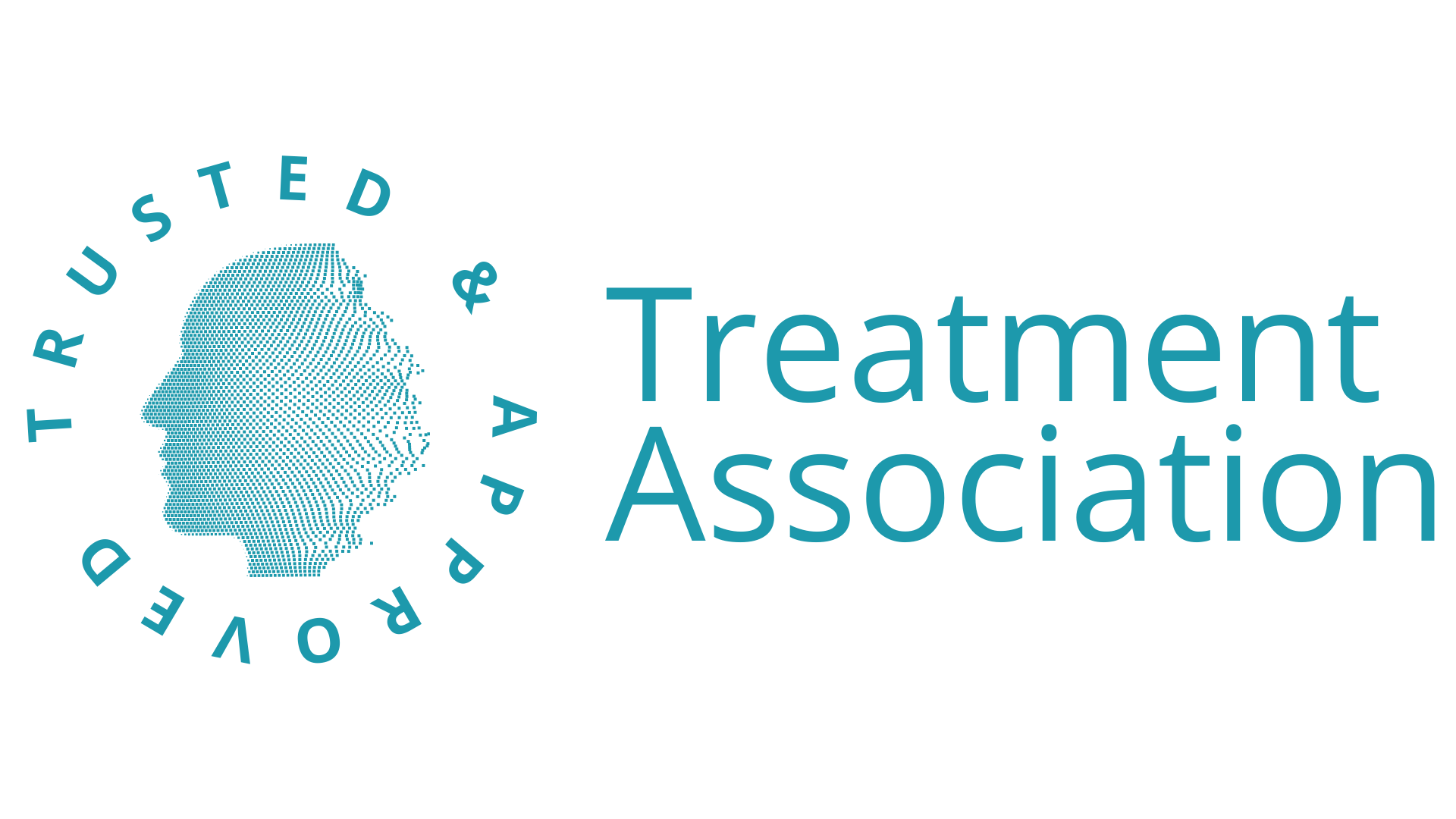Addiction is a complex and challenging disease that affects millions of people worldwide. Despite its prevalence, addiction continues to be stigmatized, with individuals who struggle with addiction often facing discrimination, shame, and isolation. This stigma can have a profound impact on individuals and families, making it difficult to seek help and access the resources they need to recover. In this blog, we will discuss the impact of addiction stigma, the importance of open dialogue and support for individuals in recovery, the role of education and awareness in reducing stigma and promoting empathy, and provide tips for individuals and families on how to address addiction stigma and promote a supportive environment.
The Impact of Addiction Stigma on Individuals and Families
Addiction stigma is a pervasive problem that affects individuals and families who are struggling with addiction. Stigma refers to negative attitudes, beliefs, and stereotypes that are associated with addiction and substance use disorders. These attitudes can lead to discrimination, shame, and isolation, making it difficult for individuals to seek help and access the resources they need to recover.
The impact of addiction stigma can be significant, both for individuals who are struggling with addiction and their families. Stigma can prevent individuals from seeking help for fear of judgment and discrimination, leading to delayed treatment and more severe addiction. It can also lead to social isolation, as individuals who are struggling with addiction may be ostracized by their communities, making it difficult to maintain healthy relationships and access support networks.
For families, addiction stigma can be just as challenging, if not more so. Families of individuals struggling with addiction may feel ashamed or embarrassed, leading to a reluctance to seek help or disclose their loved one’s addiction to others. They may also feel isolated and unsupported, as friends and family members may distance themselves due to the stigma associated with addiction.
The Importance of Open Dialogue and Support for Individuals in Recovery
Open dialogue and support are essential components of addiction recovery, both for individuals who are struggling with addiction and their families. Open dialogue refers to the process of openly discussing addiction and its impact, without judgment or stigma. Support refers to the resources and relationships that individuals and families can access to help them through the recovery process.
Open dialogue is critical because it allows individuals to discuss their addiction and its impact on their lives without fear of judgment or discrimination. It also provides a space for individuals to ask questions, seek advice, and receive support from others who have experienced similar challenges.
Support is equally important, as it provides individuals and families with the resources they need to navigate the recovery process. Support can come from a variety of sources, including addiction treatment programs, support groups, and individual counseling. These resources can help individuals and families cope with the challenges of addiction and provide them with the tools they need to achieve lasting recovery.
The Role of Education and Awareness in Reducing Stigma and Promoting Empathy
Education and awareness are critical components of reducing addiction stigma and promoting empathy. Education refers to the process of providing accurate information about addiction and substance use disorders, while awareness refers to the broader understanding of addiction as a disease, rather than a personal failing.
Education and awareness are important because they help to dispel myths and misconceptions about addiction and substance use disorders. They also promote empathy and understanding, helping individuals and communities to recognize addiction as a disease that requires compassion and support, rather than judgment and stigma.
Education and awareness can take many forms, including public campaigns, community outreach, and education programs for healthcare providers, educators, and other professionals. These efforts can help to increase awareness of addiction and its impact, promote understanding and empathy, and reduce stigma.
Tips for Addressing Addiction Stigma and Promoting a Supportive Environment
There are several things that individuals and families can do to address addiction stigma and promote a supportive environment for those in recovery. Here are some tips:
- Start the conversation: The first step in reducing addiction stigma is to start the conversation. By openly discussing addiction and its impact, we can help to break down barriers and reduce the fear and shame associated with addiction.
- Educate yourself: Education is critical to reducing stigma and promoting empathy. Take the time to learn about addiction and substance use disorders, and share what you learn with others.
- Challenge stereotypes: Addiction is often associated with negative stereotypes and misconceptions. Challenge these stereotypes by focusing on the facts and sharing personal stories of recovery.
- Support recovery: Individuals and families can play a critical role in supporting recovery by providing emotional support, attending support groups, and advocating for access to treatment.
- Practice empathy: Empathy is the ability to understand and share the feelings of others. By practicing empathy, we can help to reduce the shame and isolation associated with addiction and create a more supportive environment for those in recovery.
- Seek professional help: If you or a loved one is struggling with addiction, seek professional help. Addiction treatment programs can provide the resources and support needed to achieve lasting recovery.
In conclusion, addiction stigma is a significant challenge that affects individuals and families who are struggling with addiction. By promoting open dialogue and support, education and awareness, and challenging stereotypes, we can reduce stigma and promote empathy. With the right resources and support, individuals and families can overcome addiction stigma and achieve lasting recovery.






